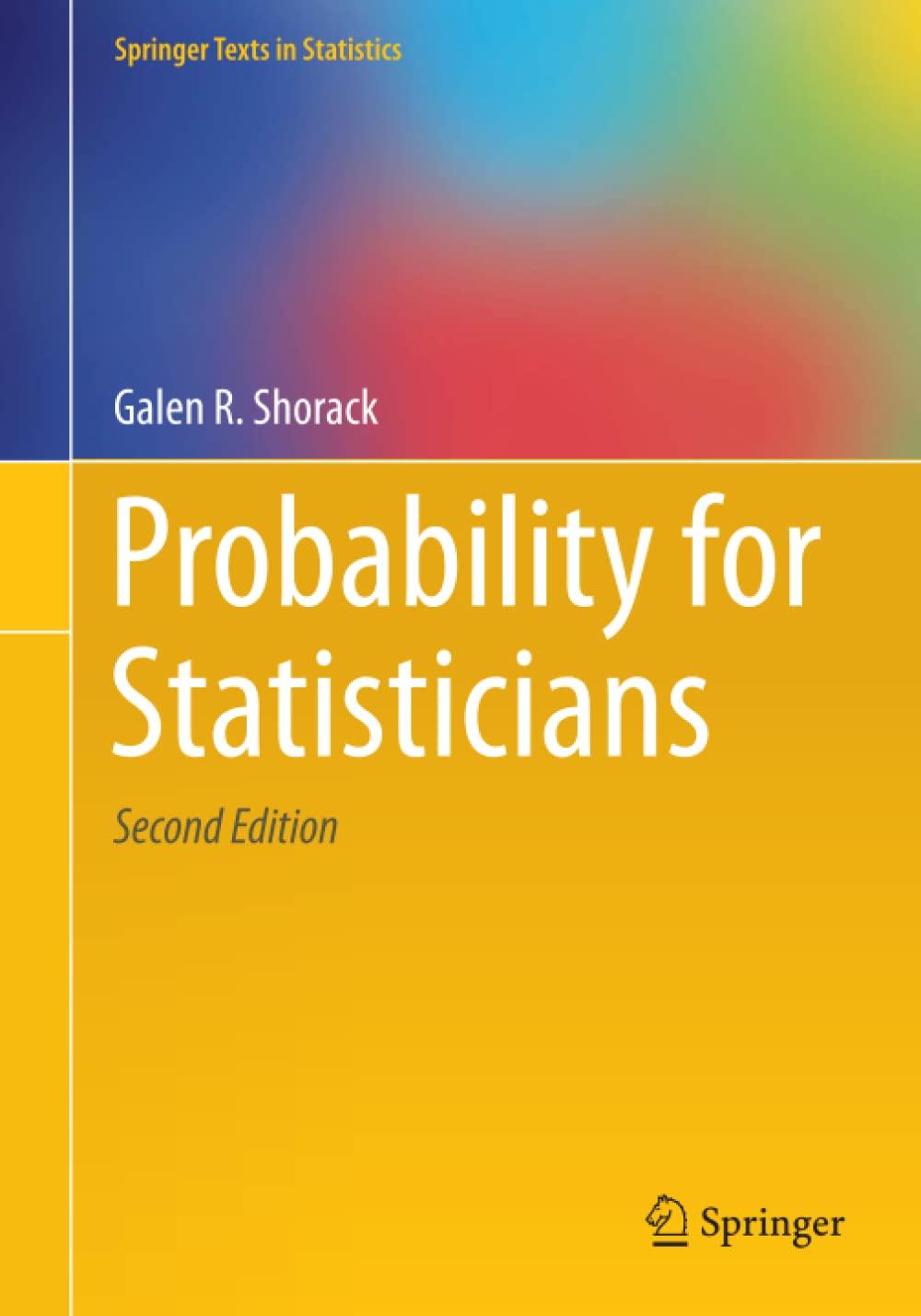However, the notion of risk in the context of Article XX (b) is difficult to reconcile with
Question:
However, the notion of risk in the context of Article XX (b) is difficult to reconcile with the subject matter of protection under Article XX(a), namely, public morals. While the focus on the dangers or risks to human, animal, or plant life or health in the context of Article XX (b) may lend itself to scientific or other methods of inquiry, such risk-assessment methods do not appear to be of much assistance or relevance in identifying and assessing public morals. We therefore do not consider that the term “to protect”, when used in relation to “public morals” under Article XX(a), required the Panel, as Canada contends, to identify the existence of a risk to EU public moral concerns regarding seal welfare. For this reason, we also have difficulty accepting Canada’s argument that, for the purposes of an analysis under Article XX(a), a panel is required to identify the exact content of the public morals standard at issue. The Panel accepted the definition of “public morals” developed by the panel in US – Gambling, according to which “the term ‘public morals’ denotes ‘standards of right and wrong conduct maintained by or on behalf of a community or nation’”.1251 The Panel also referred to the reasoning developed by the panel in US – Gambling that the content of public morals can be characterized by a degree of variation, and that, for this reason, Members should be given some scope to define and apply for themselves the concept of public morals according to their own systems and scales of values.1252 Canada does not challenge these propositions on appeal. In addition, we note that, although Canada indirectly questions the existence of EU public moral concerns regarding seal welfare by contending that the Panel ought to have considered the similarity of animal welfare risks in both terrestrial wildlife hunts and seal hunts, Canada does not directly challenge the Panel’s finding that there are public moral concerns in relation to seal welfare in the European Union.
QUESTIONS:-
1. Can trade restrictions under MEAs be reconciled with the trade liberalization objectives of international trade law?
2. ‘Far from showing hostility to environmental concerns, the WTO Appellate Body strikes a good balance between unjustified restrictions on trade and the prevention of environmental harm.’ Discuss.
3. In what ways, if any, does the inclusion of environmental regulation in FTAs address concerns about the integration of environmental law and trade law?
Step by Step Answer:






